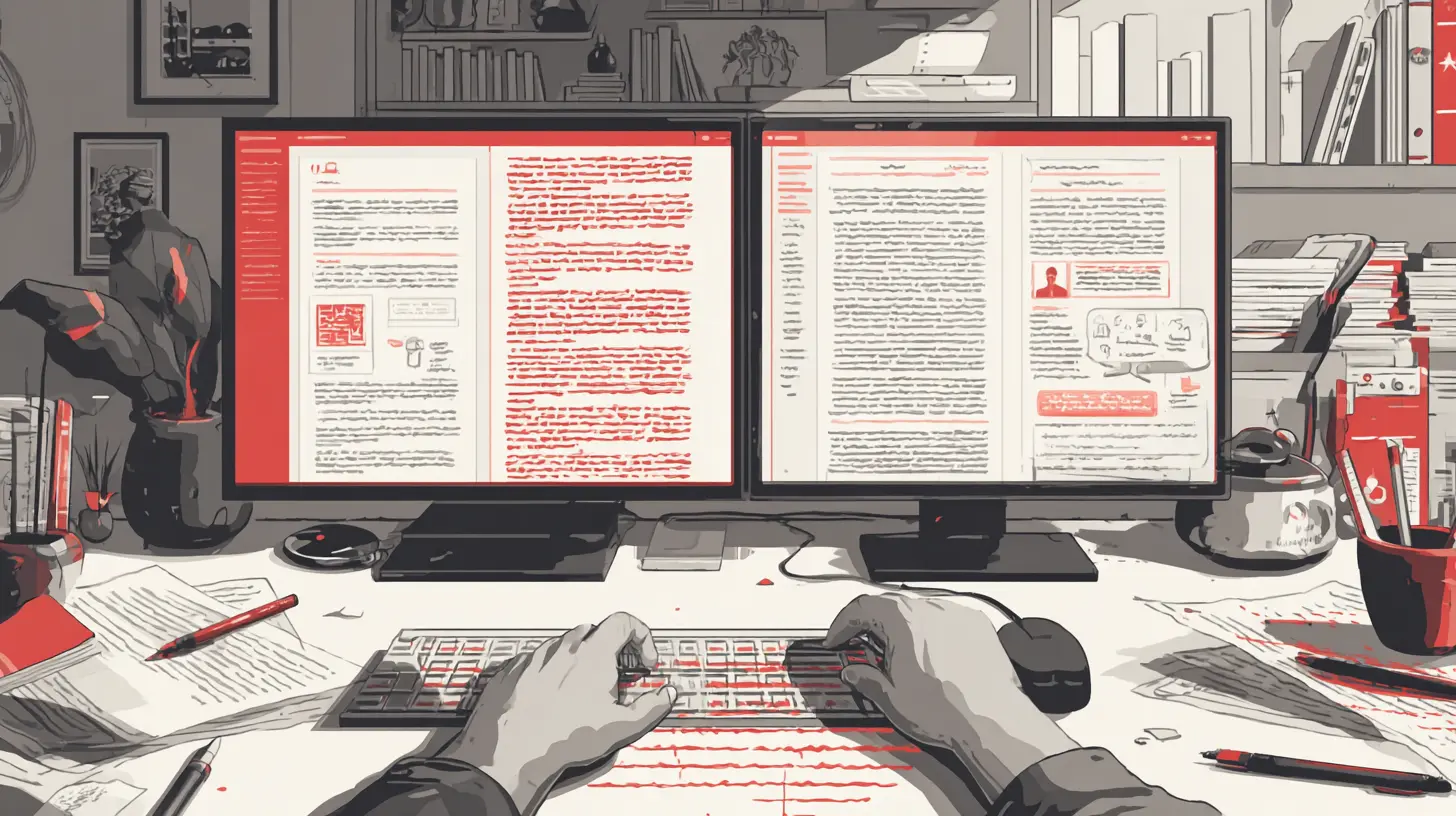
Ace Your Backend Engineering Interviews: Preparation Guide
Technical interviews for backend engineers can be challenging. This guide outlines the benefits of structured preparation, common pitfalls and a step‑by‑step plan to help you excel in whiteboard, coding and technical questions.
Ace Your Backend Engineering Interviews: Preparation Guide
Backend engineering interviews often combine algorithmic puzzles, system design questions and discussions about databases, APIs and concurrency. They can be intimidating, but with the right preparation, you can demonstrate both your problem‑solving ability and your understanding of core concepts. Here’s how to make the most of the interview process in 2025.
The benefits of thorough interview preparation
Benefit 1: Confidence on whiteboard and coding tests
Many employers use whiteboard and online coding tests to gauge your technical skills. In a whiteboard test you’re given a problem and asked to design a solution on a board while explaining your process1. Coding tests are often administered online within a set time limit1. Preparing for these formats improves your confidence and allows you to focus on communicating your thought process instead of scrambling for an answer. Demonstrating your reasoning shows interviewers how you approach real problems1.
Benefit 2: Mastery of key technical concepts
Technical interviews frequently include questions about programming languages, software development processes, Agile methodologies and data structures. For instance, you might be asked which languages you know1, to describe the software development life cycle, which typically includes brainstorming, defining requirements, prototyping, coding, testing, launching and maintenance1, or to explain the differences between SQL and NoSQL databases1. Reviewing these topics ensures you can answer clearly and connect your experience to the role's requirements.
Benefit 3: Building a solid foundation in backend skills
Behind every successful interview lies a strong technical foundation. Squareboat's guide stresses the importance of mastering at least one backend language and its core concepts, such as memory management, concurrency and performance optimization2. It also highlights the need to understand API design, choosing between REST and GraphQL, using proper HTTP methods and status codes, and implementing authentication and error handling, as well as proficiency in relational and NoSQL databases2. Developing these skills not only prepares you for interview questions but also equips you to handle real‑world challenges once you're hired.
The pitfalls of poor interview preparation
Pitfall 1: Focusing only on solving problems, not on explanation
During whiteboard or coding tests, interviewers want to hear your reasoning. Coursera notes that you should explain your methodology and answer any questions succinctly as you work through the problem1. Candidates who silently write code or solutions without narrating their thought process miss an opportunity to demonstrate communication skills and collaborative potential.
Pitfall 2: Neglecting fundamental concepts
It’s easy to concentrate on advanced topics while overlooking basics. Interviewers frequently ask questions about the software development life cycle1, Agile methodology1, data structures1 and database paradigms1. Skipping these fundamentals can leave gaps in your answers and signal a lack of depth. Make sure you understand not only how to code but also how software is designed, built, tested and maintained.
Pitfall 3: Insufficient breadth of backend knowledge
Backend roles require more than algorithmic ability. Squareboat points out that developers should be fluent in at least one backend language and understand concurrency, memory management and modular design2. They also need to design robust APIs2 and navigate relational and NoSQL databases effectively2. Interviewers may ask you to discuss system design or troubleshoot a hypothetical API; failing to prepare for these broader topics can hamper your performance.
Best practices for backend engineering interview preparation
Step 1: Practice whiteboard and coding tests with explanations
Allocate time to practice solving problems on a whiteboard or using online coding platforms. Simulate interview conditions by setting time limits and verbalizing your approach. Coursera suggests explaining your methodology and answering questions while solving problems, which helps interviewers follow your thought process1. Reviewing common algorithmic challenges and practicing under pressure improves both speed and clarity.
Step 2: Review core technical concepts and prepare examples
Create a study plan that covers programming languages listed in the job description1, the software development life cycle1, Agile methodology1 and data structure fundamentals1. Prepare succinct explanations and real‑world examples from your past work or projects. When discussing SQL vs. NoSQL, for instance, illustrate scenarios where each is appropriate1. Demonstrating both theoretical knowledge and practical application shows interviewers that you’ve used these concepts professionally.
Step 3: Strengthen your backend foundations and projects
Invest time in mastering the technologies you'll use on the job. Squareboat recommends becoming proficient in a primary backend language and understanding key concepts like concurrency and memory management2. Study API design principles, choosing between REST and GraphQL, structuring resources and implementing authentication and error handling, and deepen your knowledge of relational and NoSQL databases2. Build projects or contribute to open‑source repositories to demonstrate these skills. Real‑world experience not only reinforces your understanding but also provides stories you can discuss during the interview.
When to use this interview preparation guide
This guide is helpful whenever you’re preparing for a backend engineering interview, whether you’re a recent graduate or a seasoned developer moving up. Use it when your interview includes technical assessments, whiteboard sessions or system design discussions. It also helps when preparing for performance reviews or internal transfers where you need to articulate your technical knowledge. Comprehensive preparation ensures you’re ready for both expected and unexpected questions.
Final thoughts
Backend engineering interviews can feel daunting, but they become manageable when you break preparation into clear steps. By practicing whiteboard and coding tests, reviewing core concepts and strengthening your backend foundations, you’ll enter interviews with confidence. Remember that interviews test not just your coding prowess but your ability to communicate, design systems and apply fundamental principles. With deliberate practice and continuous learning, you can turn interviews from obstacles into opportunities.
Need targeted interview practice for backend roles? Cirby.ai’s AI‑powered platform generates custom coding challenges and system design questions to help you prepare effectively and confidently.